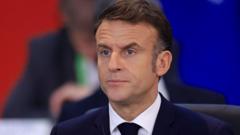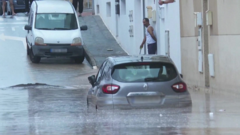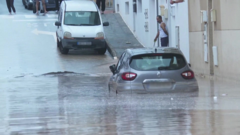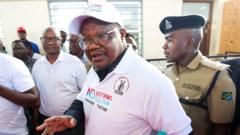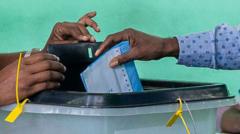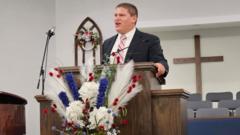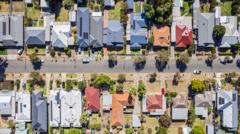In a nation grappling with one of the highest murder rates in the region, Trinidad and Tobago has taken drastic measures to address rampant crime and violence, particularly from organized gangs.
Trinidad and Tobago Enacts Emergency Measures Amid Rising Violence
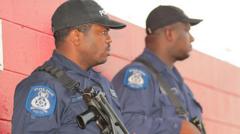
Trinidad and Tobago Enacts Emergency Measures Amid Rising Violence
With soaring homicide rates, Trinidad and Tobago’s government declares an emergency to combat escalating gang violence.
Trinidad and Tobago has officially declared a state of emergency in response to an alarming surge in gang-related violence that has gripped the twin-island nation. President Christine Carla Kangaloo made the announcement following a recommendation from Prime Minister Keith Rowley, who has faced increasing pressure to address the spiraling crime rates.
The country, boasting a population of approximately 1.5 million, is experiencing one of the highest homicide rates in Latin America and the Caribbean, with over 620 murders reported this year alone. A significant portion of these killings is attributed to organized crime syndicates, many of which are connected to the international drug trade.
The U.S. State Department's assessment highlights Trinidad and Tobago's geographical vulnerability, given its proximity to Venezuela and its extensive transportation routes leading to Europe and North America, rendering it an enticing hub for drug transportation and trafficking.
The situation intensified recently when five men were shot dead in Laventille, a poverty-stricken area, in what police believe were retaliatory killings following the murder of a well-known gang member the day before.
While details surrounding the terms of the state of emergency are anticipated to be revealed in an upcoming news conference, the timing is crucial as Trinidad and Tobago prepares for its general elections, required to take place by August 2025. Rowley's governing People's National Movement (PNM), in power since September 2015, is expected to face significant challenges from the opposition United National Congress (UNC), led by former Prime Minister Kamla Persad-Bissessar.
As the nation strives for safety and stability, residents remain hopeful that these emergency measures will yield a positive impact amidst the rising tide of violence.
The country, boasting a population of approximately 1.5 million, is experiencing one of the highest homicide rates in Latin America and the Caribbean, with over 620 murders reported this year alone. A significant portion of these killings is attributed to organized crime syndicates, many of which are connected to the international drug trade.
The U.S. State Department's assessment highlights Trinidad and Tobago's geographical vulnerability, given its proximity to Venezuela and its extensive transportation routes leading to Europe and North America, rendering it an enticing hub for drug transportation and trafficking.
The situation intensified recently when five men were shot dead in Laventille, a poverty-stricken area, in what police believe were retaliatory killings following the murder of a well-known gang member the day before.
While details surrounding the terms of the state of emergency are anticipated to be revealed in an upcoming news conference, the timing is crucial as Trinidad and Tobago prepares for its general elections, required to take place by August 2025. Rowley's governing People's National Movement (PNM), in power since September 2015, is expected to face significant challenges from the opposition United National Congress (UNC), led by former Prime Minister Kamla Persad-Bissessar.
As the nation strives for safety and stability, residents remain hopeful that these emergency measures will yield a positive impact amidst the rising tide of violence.







